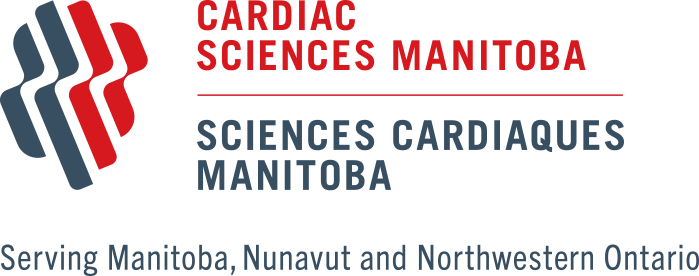Description
Pre Test Procedures
- You will be admitted to the hospital either the day before or day of your surgery.
- Hospital staff will help you get ready and review the “Patient Guide to Heart Surgery” handbook with you for the proper steps to take after surgery.
- A health care aide will use a clipper to remove hair from your chest and legs. Do not shave this hair yourself.
Test Procedures – 3 – 5 hours
- An intravenous will be started and you will meet the surgical team in the Operating Room (O.R).
- The staff may give you medicine to help you relax.
- After falling asleep from the anesthetic medicine, a breathing tube will be inserted through your mouth.
- Other tubes and machines that may be used are:
- A tube into your bladder to drain your urine
- Tubes into your chest to drain fluid from around your heart and lungs
- Pacemaker Wires
- Heart Monitor
Post Test Procedures
- You can expect to stay in the hospital for about 4 to 5 days after a CABG.
- After your surgery, you will be moved to the Intensive Care Cardiac Sciences (ICCS) Unit. You will be monitored at all times. Your stay here is about 6 – 24 hours and only family or close friends, two at a time, can make short visits.
- After your stay in the ICCS, you will be moved to the Cardiac Surgery Inpatient Unit. You will be kept on a heart monitor and have your remaining tubes removed.
Patient Instruction
Arrangements
- Family members can wait in the Waiting Room of the O.R.
- Before coming to the hospital, you should make plans with family and/or friends to have someone help you at home after your surgery.
What to Bring/Not to Bring
- Bring a toothbrush, toothpaste, and denture care items (as needed).
- Bring slippers with a non-slip sole for after your surgery.
- Leave your jewellery and money with family or at home. Your other belongings will be locked up safely in the Cardiac Surgery In-patient Unit.
Mandatory Pre Test Measures
- Ensure you eat healthy, nutritious foods before your surgery. The necessary vitamins and proteins will help your body heal after surgery.
- It is ideal to exercise prior to surgery, however, ensure quality rest and avoid tiredness and exercises that induce pain or discomfort.
- Attempt to stop smoking, as smoking raises your blood pressure and makes your blood vessels smaller and heart work harder.
- Maintain calmness and your emotions. Waiting for your surgery and recovering from it can be stressful, and it may cause worriedness, frustration or sadness.
- You may have an appointment at the Cardiac Pre-Assessment Clinic before your surgery. You may undergo tests such as an ECG (heart tracing), chest x-ray, as well as blood and urine tests.
- Bring all medications with you to the hospital, including vitamins and herbs.
- You will be given soap sponges to clean your body before your surgery. Your nurse will instruct you on how to use these soap sponges.
- Do not drink or eat anything after midnight the night before your surgery unless told differently.
- You will be told which pills you need to take before your surgery. Take these pills with a sip of water the morning of your surgery.
Additional Info
Living Well with Heart Disease: A guide for people with coronary artery disease
Patient Guide to Heart Surgery
Moving Safely After Heart Surgery
Your Heart Your Health: A Patient’s Guide to Heart Surgery
This 20 minute patient education video gives information on preparing for heart surgery. Clinical experts from various areas (such as nursing, medicine, physiotherapy and pharmacy) made this video based on current practice and the latest evidence. The video includes information about how your heart works, coronary artery bypass grafting, heart valve surgery, planning for recovery, healthy lifestyle choices, cardiac rehabilitation and what to expect before, during and after your surgery and back at home.


